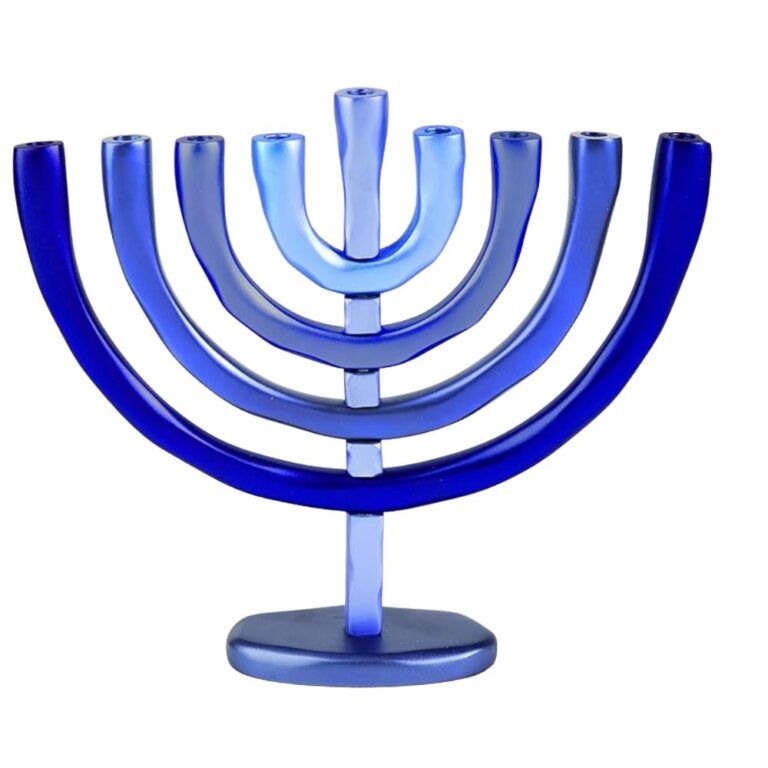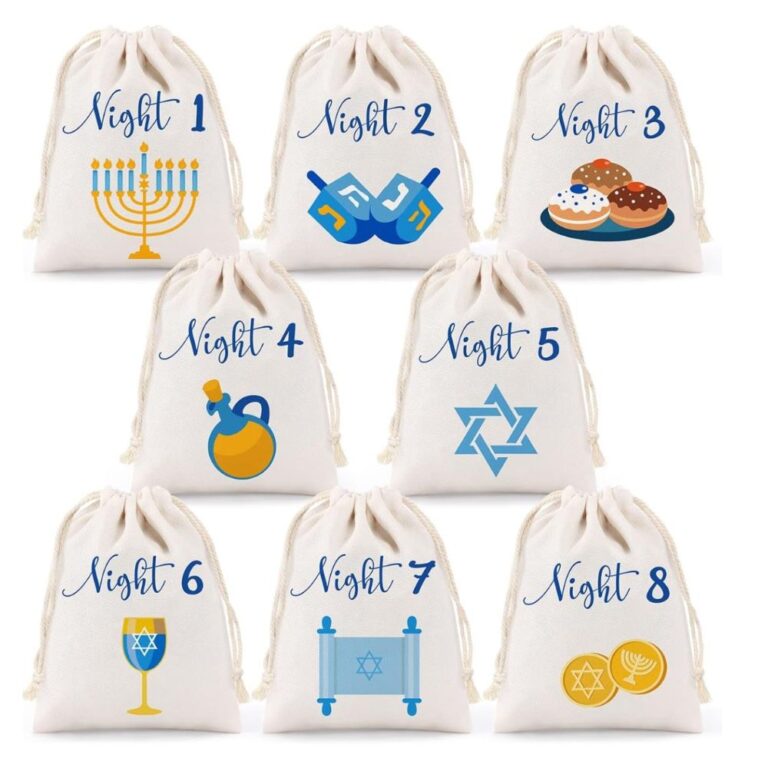Kosher salt does not go bad in the traditional sense. It’s a mineral (sodium chloride) and is naturally shelf-stable. However, its quality can diminish over time if it’s exposed to moisture or contaminants.
Why Kosher Salt Doesn’t Technically Expire
Kosher salt is essentially pure sodium chloride. As a mineral, it’s incredibly stable and doesn’t support bacterial growth or decay like organic food products. That’s why, if kept dry and clean, kosher salt can last indefinitely.
In fact, most brands don’t include an expiration date—only a “best by” date, which is more about maintaining quality than safety.
What Can Go Wrong?
While the salt itself won’t go bad, here are a few ways its usability can be compromised:
Moisture Exposure: If the salt absorbs water from humidity or spills, it can clump up or dissolve partially. This doesn’t make it dangerous, but it makes it harder to measure and may affect your recipes.
Contamination: If the box isn’t sealed well, your salt can pick up smells from nearby spices or even get dirty from airborne particles, insects, or other contaminants.
Packaging Breakdown: Over time, cardboard boxes can deteriorate, letting in moisture or pests. Transferring salt to an airtight container can help extend its freshness.


Top 10 Tips for Keeping Kosher Salt from Going Bad
Kosher salt is a staple in many kitchens due to its coarse texture and purity, and while it doesn’t truly “go bad” like perishable foods, it can degrade in quality or become unpleasant to use if not stored properly. Here are the top 10 tips for keeping your kosher salt in great condition:
Store in an Airtight Container
Use a container with a tight-sealing lid to prevent moisture from getting in, which can cause clumping or dissolving.Keep Away from Humidity
Avoid storing salt near the stove, dishwasher, or any humid environment where steam or moisture could reach it.Use a Dry Spoon
Always scoop salt with a completely dry utensil to avoid introducing moisture.Avoid Cross-Contamination
Don’t dip used or dirty hands or utensils into your salt container, especially after handling raw food.Use a Dedicated Salt Cellar or Box
A covered salt cellar (salt pig or box) allows for convenient access while keeping contaminants out.
6. Store in a Cool, Dark Place
Keep salt away from direct sunlight or heat sources to prevent the container from heating and creating condensation inside.
7. Label and Date Bulk Purchases
If buying in bulk, label the storage container with the purchase date to keep track of freshness.
8. Avoid Plastic Bags for Long-Term Storage
Transfer salt from plastic bags to more stable containers like glass or heavy-duty plastic with a proper seal.
9. Add a Desiccant Packet
Place a food-safe desiccant packet inside the salt container to absorb excess moisture (optional but helpful in humid areas)
10. Check for Odors
Salt can absorb odors from its surroundings. Keep it away from strong-smelling substances and check for off smells if stored near spices or cleaning products.
Most Popular Salt Storage on Amazon...
Storage Tips to Maximize Shelf Life
To ensure your kosher salt stays fresh and clump-free:
Store it in a cool, dry place away from humidity.
Use an airtight container—glass or plastic both work well.
Keep it away from strong-smelling foods or chemicals.
Does Kosher Salt Ever Taste Different?
Typically, no. But if it’s been stored improperly, it could develop a slightly musty or stale odor from absorbing odors or moisture. If that happens, it’s best to toss it and get a fresh batch.


Top 10 Kosher Salts on Amazon
| # | Image | Product Name | Reviews |
|---|---|---|---|
| 1 | 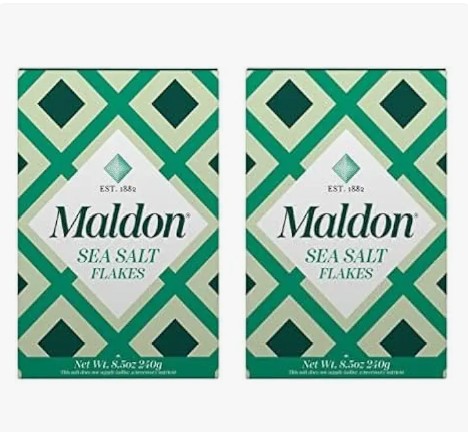  | Maldon Sea Salt Flakes | 51.8k |
| 2 | 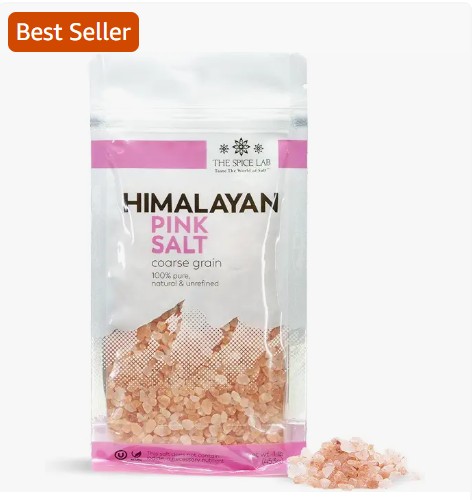  | The Spice Lab Kosher Salt | 45.8k |
| 3 | 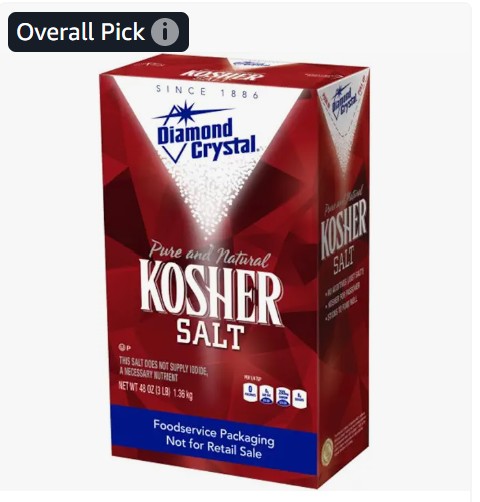  | Diamond Crystal Kosher Salt | 19.5k |
| 4 |   | Celtic Sea Salt | 14.9k |
| 5 | 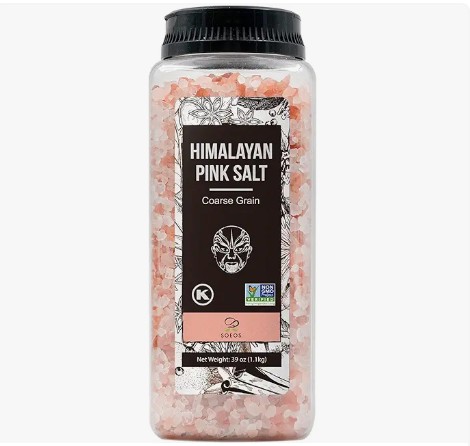  | Seoes Himalayan Pink Salt | 8.3k |
| 6 | 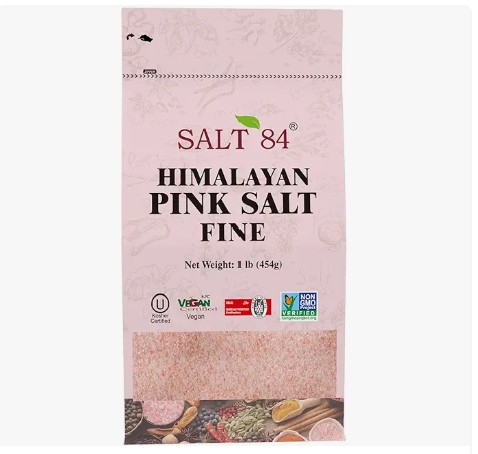  | Salt 84 Himalayan Salt | 7.5k |
| 7 | 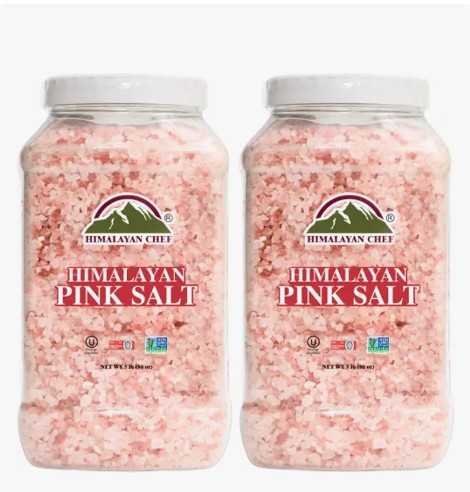  | Himalayan Chef Pink Salt | 7.1k |
| 8 | 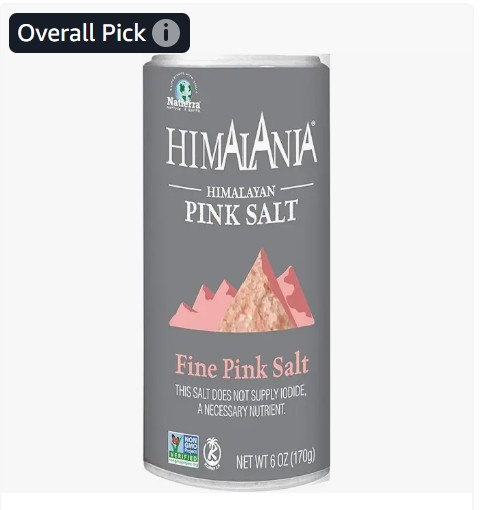  | Natierra Pink Salt Fine Ground | 4.7k |
| 9 | 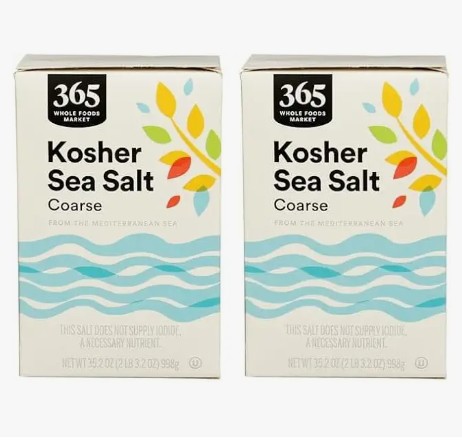  | 365 Kosher Sea Salt | 3.4k |
| 10 | 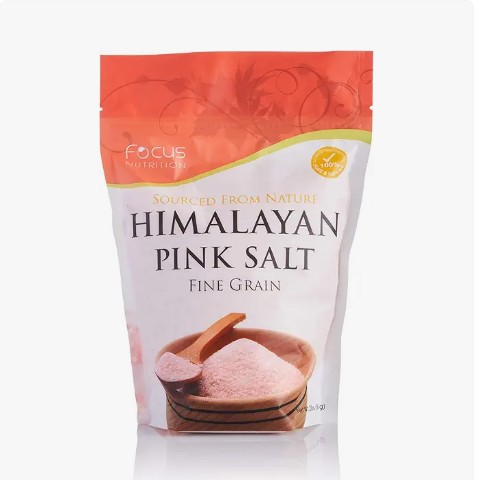  | Focus Nutrition Real Salt | 1.3k |














